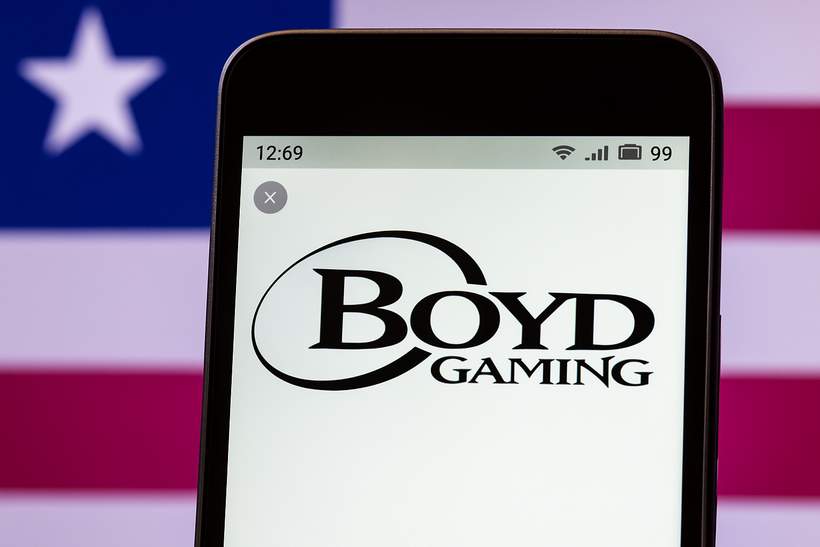Former Boyd Gaming Employee Files Lawsuit Over Data Breach

Boyd Gaming Faces Legal Action from Ex-Employee
Boyd Gaming is currently under scrutiny following a cyberattack on its systems, leading to a lawsuit filed by a former employee. The legal action centers on the theft of personally identifiable information, raising questions about the company’s data security measures.
Details of the Lawsuit and Allegations
The lawsuit was initiated last week in the US District Court for the District of Nevada by Scott Levy, a former Boyd Gaming employee. The case aims to expand into a class action suit, alleging that Boyd Gaming could have prevented the breach. Levy’s complaint asserts that the company employed top cybersecurity experts but still suffered unauthorized data removal from its IT systems, including sensitive employee information.
According to the complaint, the stolen data includes Social Security numbers belonging to both current and former employees, as well as some customers. Despite the severity of the incident, Boyd Gaming has remained largely silent, while contemporaries such as MGM Resorts International have offered assistance to help manage the fallout from the cyberattack.
Levy accuses Boyd Gaming of acting in bad faith, citing the company’s failure to disclose when the breach first happened or whether any ransom was paid. The lawsuit claims Boyd Gaming’s cybersecurity was critically lacking, enabling hackers to access vital personal data.
Wider Impact of Cyberattacks on Gaming Operators
Boyd Gaming now faces allegations including negligence, breach of implied contract, and unjust enrichment. However, the company has declined to comment, referring to the issue as pending litigation.
This incident is part of a broader trend affecting both tribal and commercial casino operators who are increasingly targeted by cybercriminals. Notably, Caesars Entertainment reportedly paid $15 million to regain control of its systems after a similar attack, while MGM Resorts International is also believed to have made a ransomware payment, although details remain undisclosed.